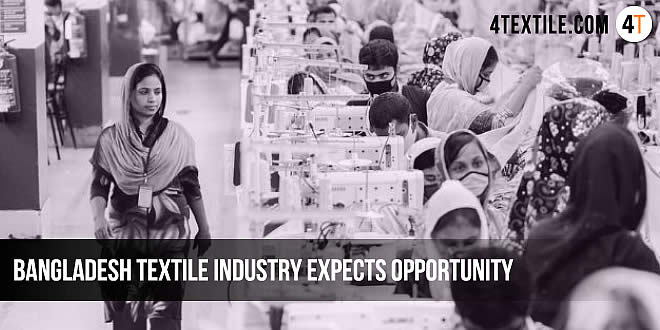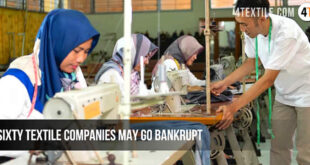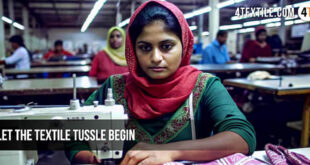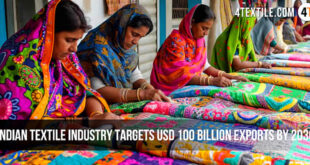Bangladesh textile industry expects opportunity to demonstrate resilience: The garment industry in Bangladesh, which is the second-largest worldwide producer of apparel and a pillar of the country’s economy, has been severely unstable in recent weeks. Amidst growing turmoil, factory owners have been working hard to reassure Western apparel manufacturers about the stability of their supply networks. Operations have been severely hampered by this upheaval, which is being driven by broad protests and dissatisfaction over job prospects.
Bangladesh textile industry expects opportunity to demonstrate resilience
After the resignation of former Prime Minister Sheikh Hasina, on the 8th of August, the advisers of the interim government took oath under the leadership of Nobel laureate Dr. Muhammad Yunus. Sixteen advisers have been kept in this Government with Dr. Yunus as the chief adviser.
The support of the international and local communities and parties towards the interim Government demonstrates confidence among the countrymen and the textile and apparel industry owners and businessmen.
BKMEA Executive President Mohammad Hatem congratulated Dr. Muhammad Yunus, Chief Advisor of the Interim Government, on his appointment. He stated that the country’s primary export business, the knitwear industry, has been negatively impacted by the awful circumstances that have befallen our nation over the past month. “We think the Chief Advisor will take the required actions to remove the obstacles preventing the growth of this business, given his reputation as an enquiring person in economic science,” he said.
Meanwhile, global apparel brands are navigating the disruptions by remaining adaptable. Bracken Darrell, CEO of VF Corp, which owns brands such as North Face and Vans, acknowledged some production disruptions in Bangladesh but expressed confidence that the situation would improve. Darrell indicated that orders might be shifted to other regions if necessary to mitigate the impact on supply chains. Similarly, H&M, one of Bangladesh’s largest buyers, reported that factories are gradually reopening and has committed not to seek discounts on delayed goods, a common practice in the industry.
 4Textile.com World Textile & Apparel Industry Events, News
4Textile.com World Textile & Apparel Industry Events, News







